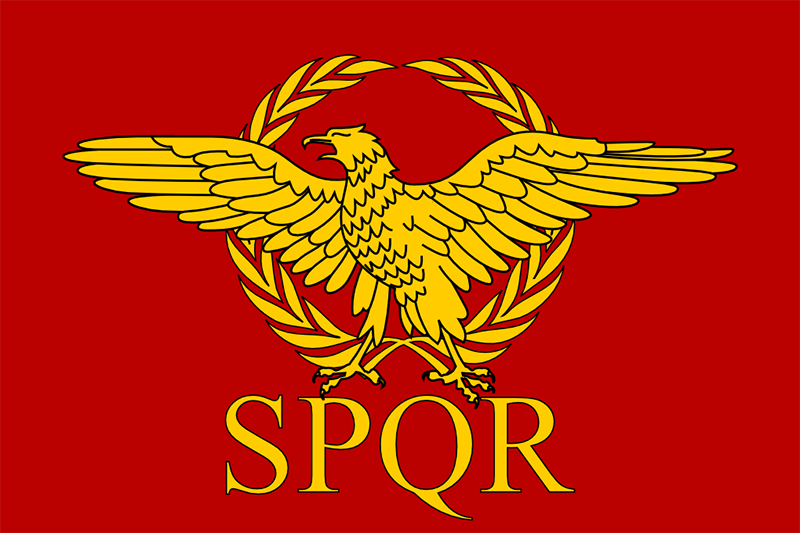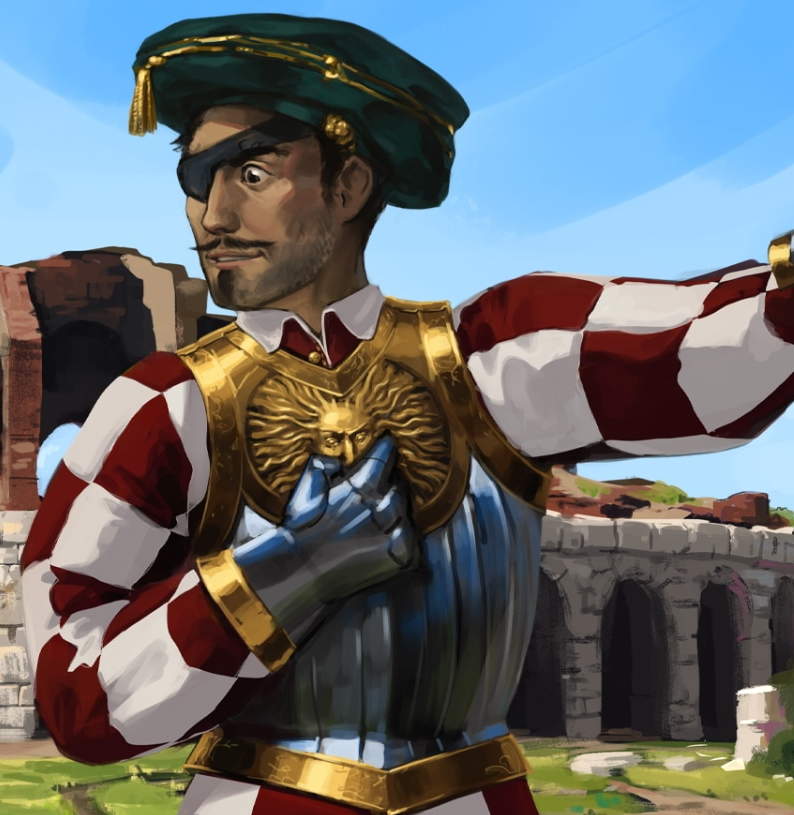Imperium Sine Fine: Within A World of Madness

There was once a dream. A dream that was once Rome.
Once having dominated the known world around them, the Roman Empire would carry the light of civilization for centuries until generations of bitter internal and external strife had brought it to the brink of collapse. The subsequent collapse and downfall of the Empire would usher in a dark age that would last for centuries, caught between conquerors and opportunists. Any hope of salvation that had once come to restore even a spark of the vestigial empire would never come to be, and for almost a thousand years, what had once been the Imperial heartland of Italia would be fragmented and divided among petty fiefdoms and bickering republics that had long since abandoned the identity of their forefathers. Yet even as many centuries passed in an unrecognisable world, the ideals and belief of restoring the legacy of the Romans would never truly fade away.
Amidst the chaos of the centuries that followed it, the changing world of the 15th century would see a resurgence of a dream that had once seemed forgotten in an unlikely place. Robert XI de Hauteville, finding himself standing alone and derided as the “Mad Duke of Capua” for his increasingly eccentric and unstable mental state, was a corned wolf trapped between the edge of two different worlds.
Through a stroke of genius or madness, and with nothing left to lose, the Mad Duke would prepare an ambitious plan to revive and rekindle the Roman dream once more or die trying. With nothing left to lose, despite all his shortcomings, the cornered wolf would bide his time and prepare to strike.
History was about to change once more.
Aims of the Game:
- Become the undisputed global hegemon by the end of the AAR
- Dominate the World in Ante Bellum
- Restore the Roman Empire and lead it into its rebirth in a new era
- Dominate the Old World and leave a lasting legacy in the New World
- Replace Christianity with a new Imperial Faith
- Have the world's most powerful navy and army. Or both
- Surpass the First Empire in their legacy.
1: As a story-focused AAR writer, Ironman will not be used
2: Sometimes I will alter the map to clean up borders, give myself a challenge, make things ‘natural’
3: For the sake of storytelling and the natural development of the ‘world’, I will be playing tall.
TBARW EXTRA: White Font
Illusionary Flat Political Mapmode v1.7
Large City and Largest City
Ante Bellum
Ante Bellum - The Lost World
Flavour and Events Expanded
Illusionary Flat Political Mapmode v1.7
Large City and Largest City
Ante Bellum
Ante Bellum - The Lost World
Flavour and Events Expanded
Last edited:
- 1



